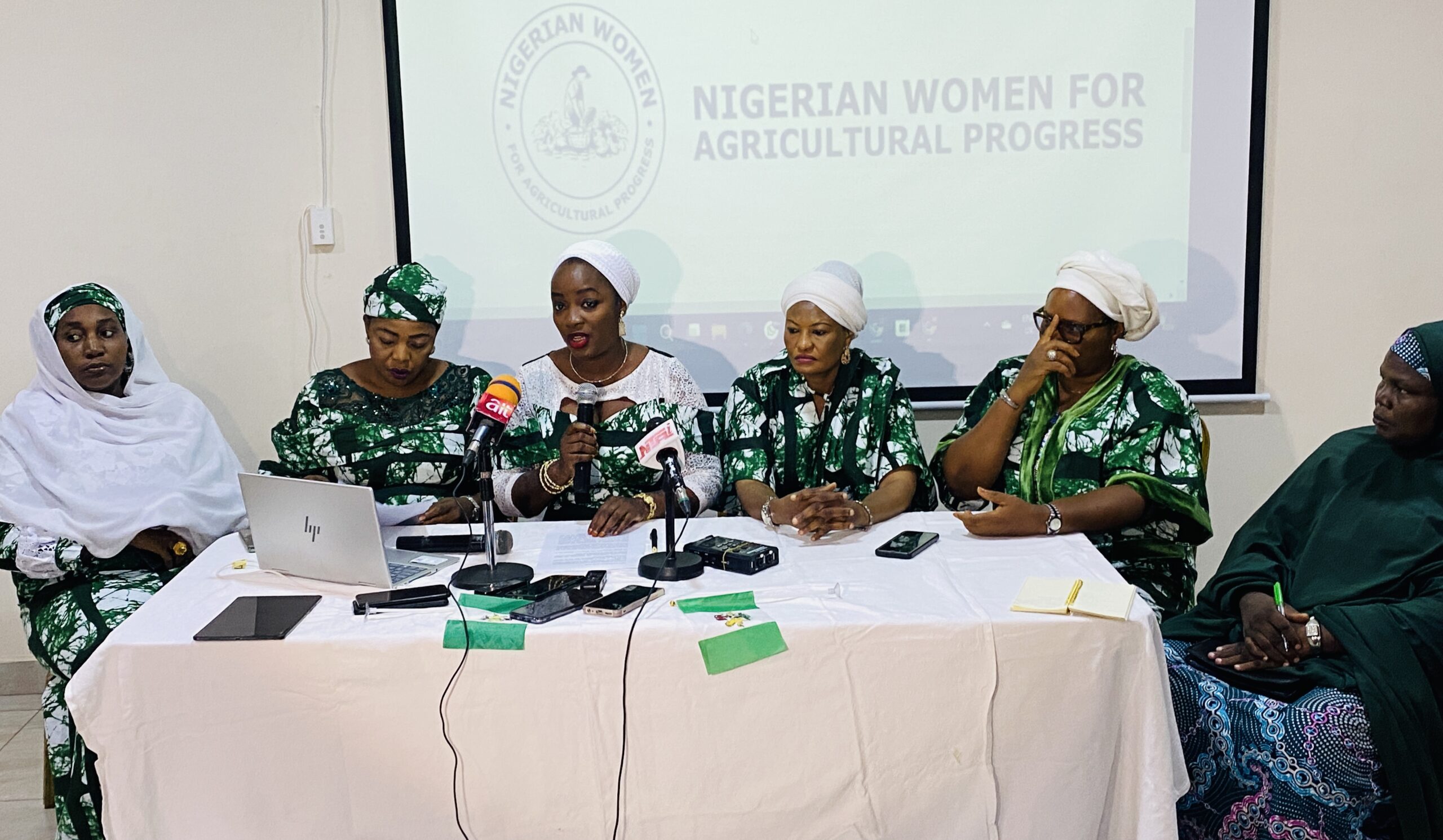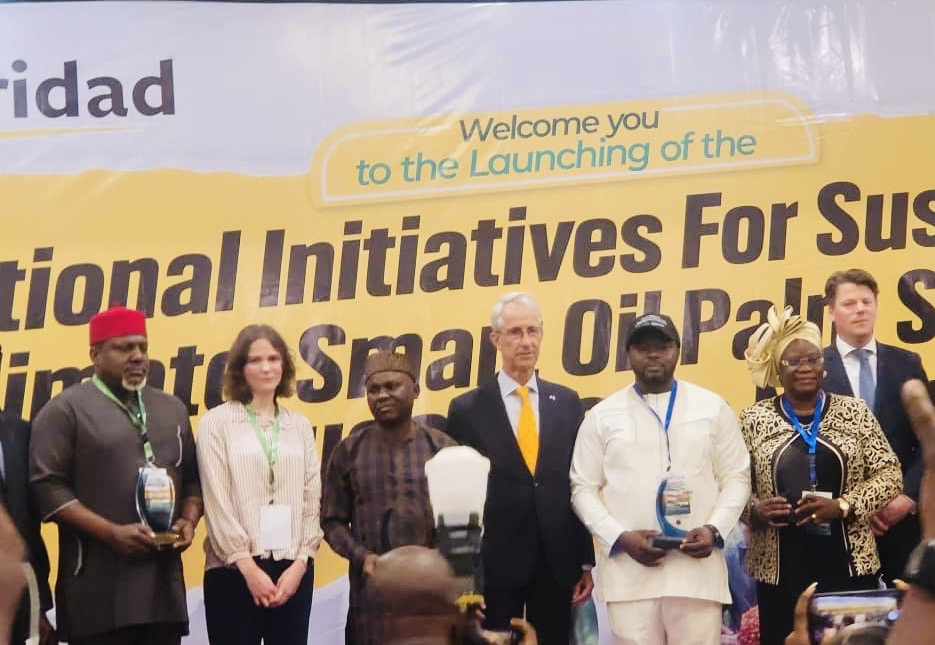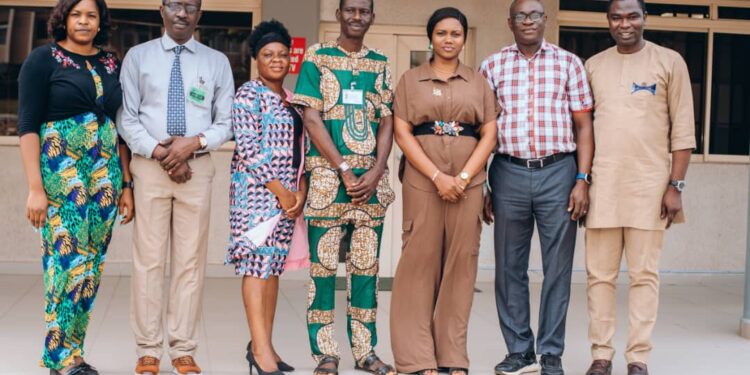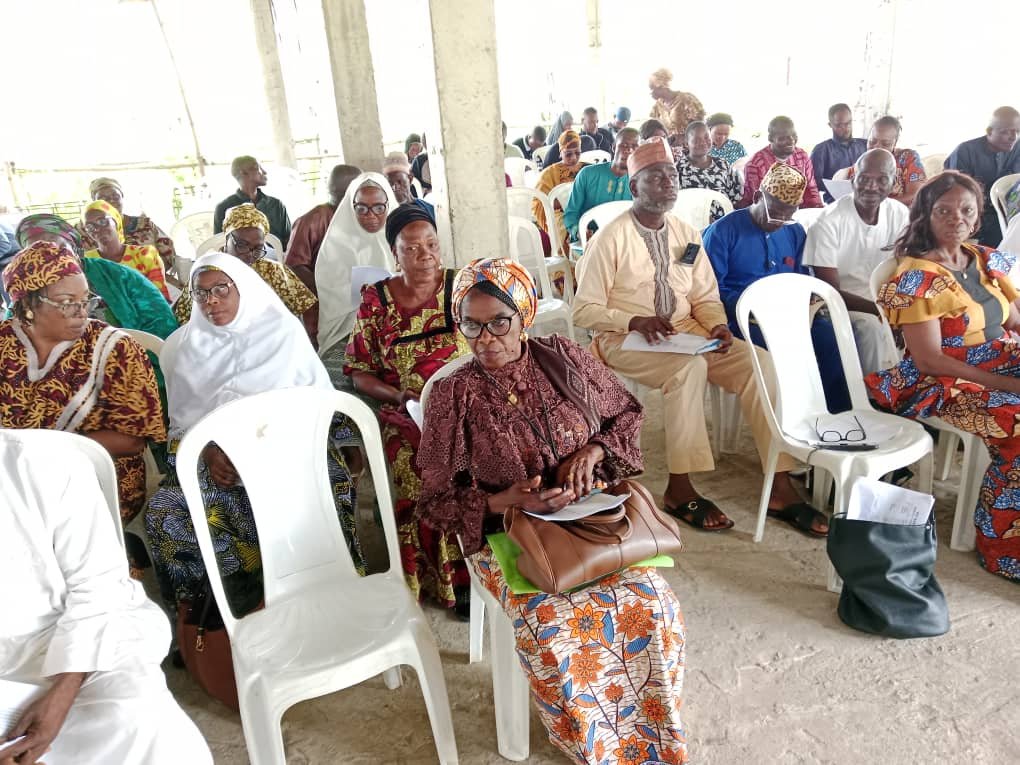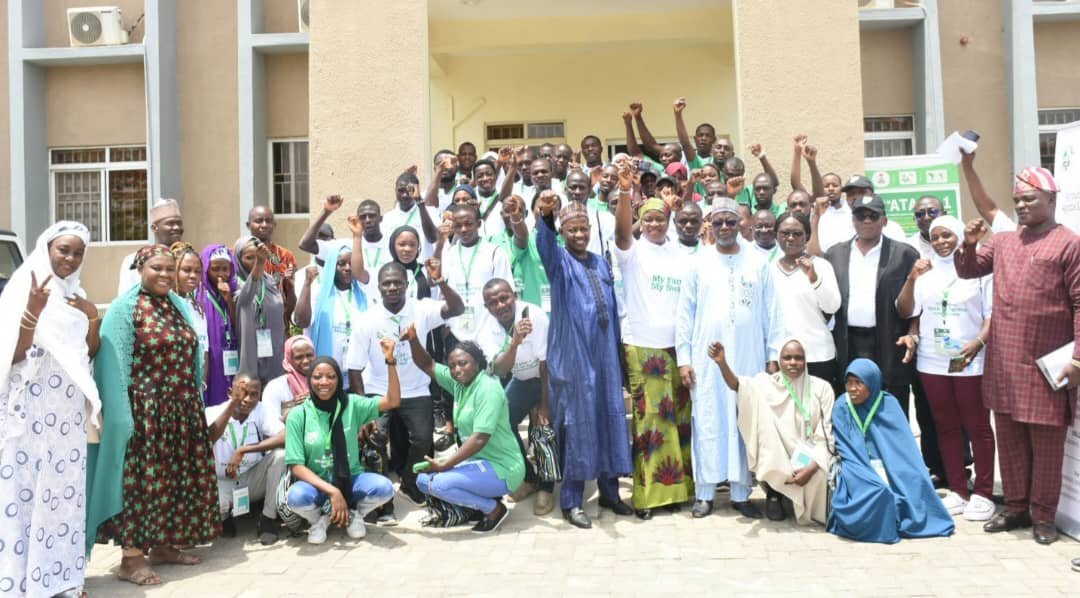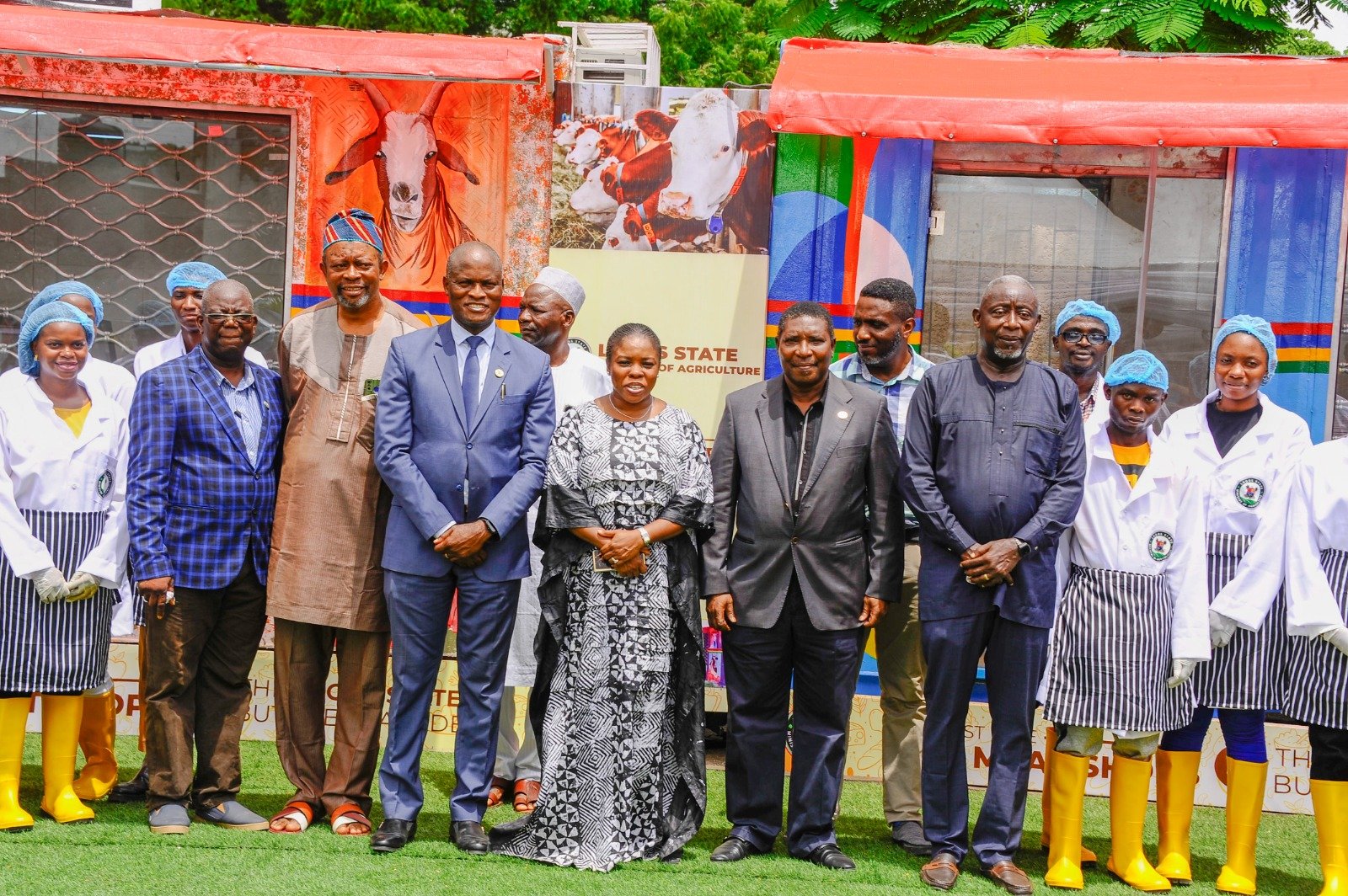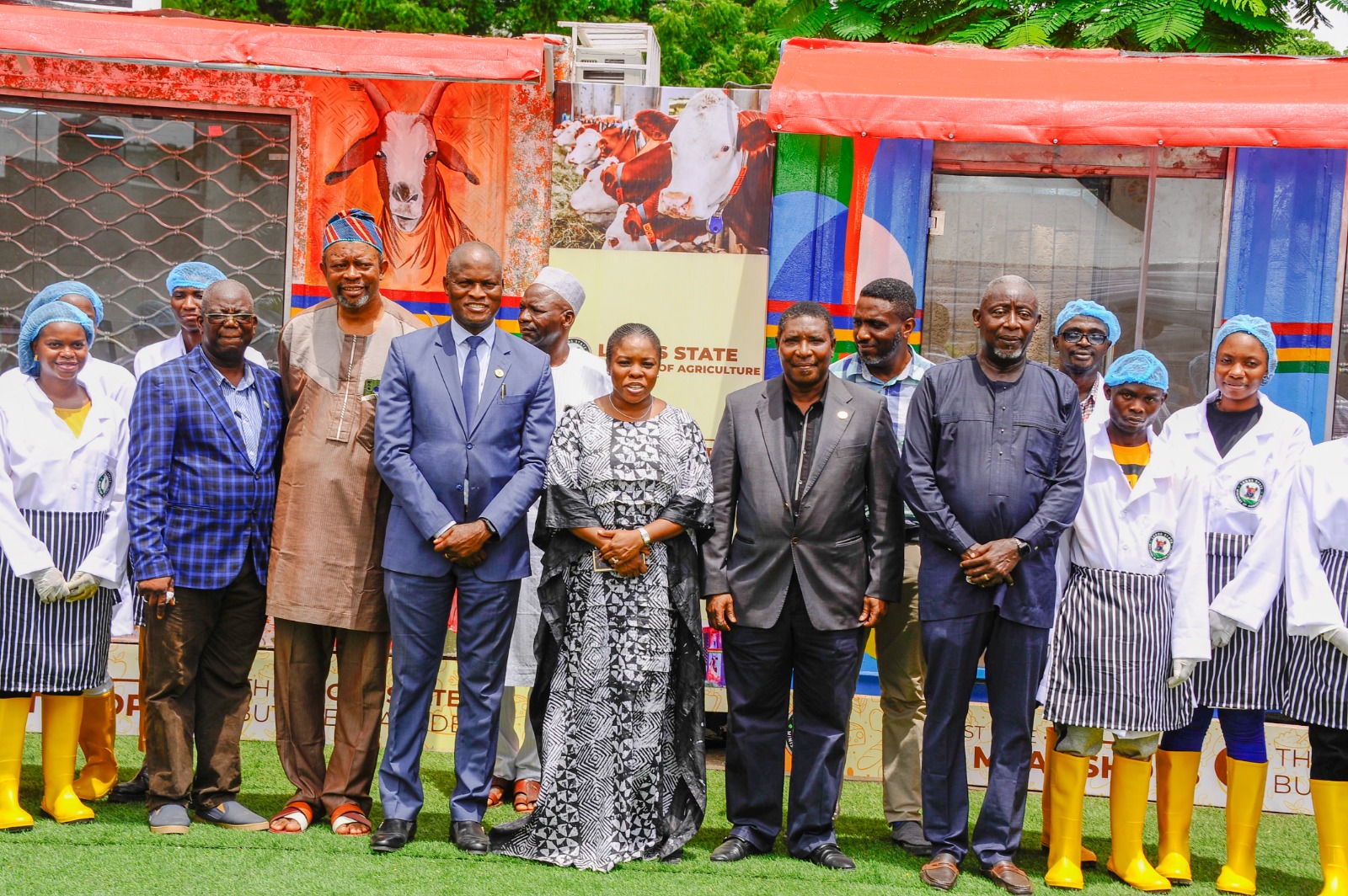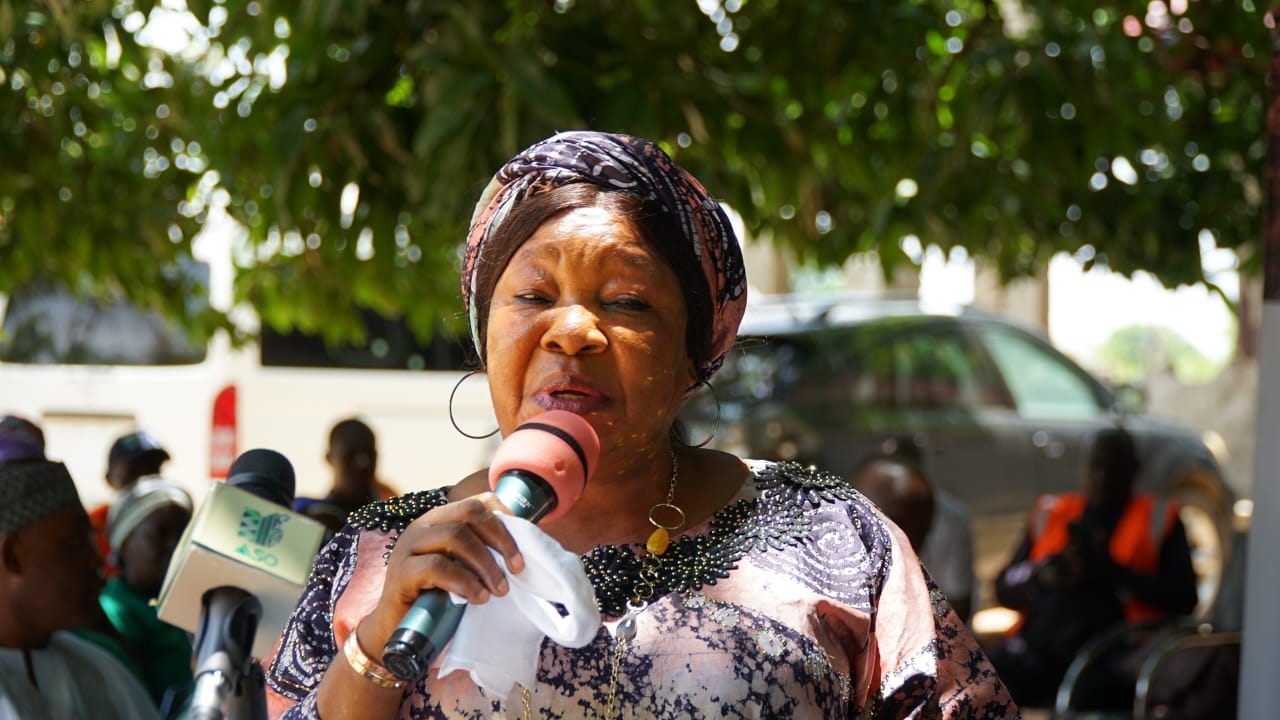Borno: From ashes of insecurity to agric revolution
By Hamza Suleiman, News Agency of Nigeria (NAN)
Prior to the Boko Haram insurgency Borno was one of the most agriculturally advanced states in Nigeria with more than two-third of its population engaged in cereal crops, livestock, fishery, and poultry production.
This contributed significantly to Nigeria’s food supply chain, making it a crucial player in feeding the country’s vast population.
However, the insurgency had a devastating impact on agriculture, similar to its effects on the economy and social sectors and residents took refuge in other parts of the country.
The damage was monumental, leading to malnutrition in children and breastfeeding mothers, as well as hunger and starvation among the population, ultimately culminating in a humanitarian crisis in the entire North-East region.
The aftermath of the devastation was estimated to be in the billions of dollars, leaving a significant portion of the population without livelihoods and dependent on food aid from the government and humanitarian organizations.
In 2019, Professor Babagana Umara Zulum assumed office as the elected governor of Borno State, inheriting one of the worst humanitarian crises in the world at the time, with approximately 2.5 million displaced persons.
These individuals, who previously engaged in rain-fed and irrigation activities, cultivating thousands of hectares of arable land across the state’s 20 local government areas, also lost their livelihoods as fishermen and animal breeders.
This significantly reduced the state’s food production capacity to almost zero.

As a result, citizens faced hunger and starvation, and the supply of well-bred animals, dried fish, and other fishery products to markets across Nigeria, Niger, Chad, and Cameroon Republics was severely impacted.
Notably, the Federal Government established the Lake Chad Basin Development Commission (LCBDC).
This was in recognition of Borno’s significant contribution to agriculture. There was also the establishment of Lake Chad Basin Research Institute in Maiduguri, to enhance studies and innovations in various fields of agriculture.
Zulum also built on the Reconstruction, Rehabilitation, and Resettlement program initiated by his predecessor, Vice-President Kashim Shettima. This programme prioritised agriculture, which received significant attention.
During the launch of the Renewed Hope Initiative Women Agricultural Support Programme (RHI-WASP), Zulum emphasised the importance of agriculture in Borno’s development.
“Our government has made agriculture a top priority, and we are committed to mobilizing resources to boost its growth.
“To achieve this, we have procured essential agricultural machinery and inputs like tractors, chemicals, and fertilisers.
`This will significantly enhance our farmers productivity. Our goal is to support our farmers in every way possible to increase their agricultural output and promote food security.

He said, “We must shift our focus from short-term humanitarian support to medium and long-term sustainable solutions, and that is agriculture”, Zulum said.
RHI-WASP is the initiative of the wife of the President, Senator Oluremi Tinubu, designed to encourage women to engage in agricultural activities and contribute to the food sufficiency agenda of President Bola Ahmed Tinubu.
Zulum’s administration has empowered 120 women farmers from the North-East region with N500,000 each, and 100 persons with disabilities from Borno with N100,000 each, to support their agricultural endeavours’’, the document said.
Borno government recognises the importance of logistics support to farmers hence it has taken to meet some of their challenges.
For instance it procured one million liters of petrol which was distributed at a subsidised rate to farmers across the state and distributed 20,000 bags of fertilisers to them.
The government also provided 1,000 solar-powered water pumps and 5,000 water pump machines to farmers in the three senatorial districts.
Among others, the state government established modern, innovative and climate-smart irrigation schemes at Bokkoiri in Konduga; Kulunnam in Magumeri, Jaffi in Kwaya Kusar, Mafa in Mafa, Bulabulin, Shuwari and Gajibo in Dikwa and Logomane in Ngala LGA, respectively.

Similarly, the Zulum administration is investing hugely in drip irrigation to accelerate cash crop production such as maize, cassava and sesame seeds, even as it has inaugurated a 20-hectare sesame plantation at Koiri pilot drip irrigation scheme.
“Let’s carefully put things in order. Borno State will start exporting sesame and other cash crops in the near future.
“We will subsequently change focus and invest our resources in irrigation farming or, rather, food production. I assure you that we will provide the political will needed to achieve food sufficiency.
“We need to expand our scope; we should identify bigger lands, we can expand with another 100 hectares each in Borno Central, South and North Senatorial Districts.
“My predecessor has procured about 10,000 hectares of drip irrigation kits. After this year’s rainy season, we hope the state will be able to cultivate at least 1,000 hectares”, Zulum said.
The Zulum administration recorded significant success in enhancing extension and farmers support services as it distributed improved variety seeds, fertilisers, chemical and knapsack sprayers to 3,000 rice farmers at Ngala and Gwoza.
It also provided 250 water pumps, 250 tubewells, assorted seeds, and agrochemicals to 1,000 Dry season farmers in Baga resettled community, while 1,000 tubewells and 1,000 water pumps were distributed to rice growers at Damasak in Mobbar LGA.
Farmers in Tarmuwa-Banki also received 50 units of water pumps with accessories, 50 tubewells, seeds, fertiliser, and chemicals to dry season farmers.’’, among other initiatives.
The efforts of the administration have not gone unnoticed by experts and other stakeholders in the sector.

Executive Secretary of National Agricultural Land Development Authority (NALDA), Prince Paul Ikonne urged all stakeholders to emulate Zulum on his agriculture sector revolution.
He spoke at the inauguration of projects executed by NALDA in Jere Local Government Area of Borno.
“I want to call on all stakeholders to quickly key into this agricultural revolution of mr President (Bola Tinubu) by adopting the method of Borno State, the method of unconditional land donation and method of total commitment.
“I thank you, Mr governor, for your support for agriculture, your support for the development of Borno…NALDA will continue to partner Borno because Borno has the potential to do develop food production and achieve food security in Nigeria’’, Ikonne said.
A social media influencer, Abudulla Ayofe, also commended Zulum over his steps to transform agric sector in Borno.
“Governor Zulum’s administration is turning desert into green fields in a bid to push modern agriculture revolution in Borno State’’, he said in one of his verified social media posts.
Gaji Ngari, a grain farmer in Dille village in Askira/Uba Local Government Area, said Zulum had not only transformed farming but also the lives of farmers.
“The government has done a lot for us, particularly given our recent history; gradually, we are picking ourselves up’’, he said.

Agric experts say in spite of the achievements, more still needs to be done to position Borno in a position to reach its agric potential.
The say the state government should further explore technology in providing logistics for formers. The say such tools can be used to predict weather and latest agriculture inputs.
They also call for strengthened security in the state, particularly around farmlands, which are still vulnerable to sporadic security breaches, as well as provide financial security for farmers through soft loans. (NANFeatures) (www.nannews.ng).
**If used please credit the writer and News Agency of Nigeria.




